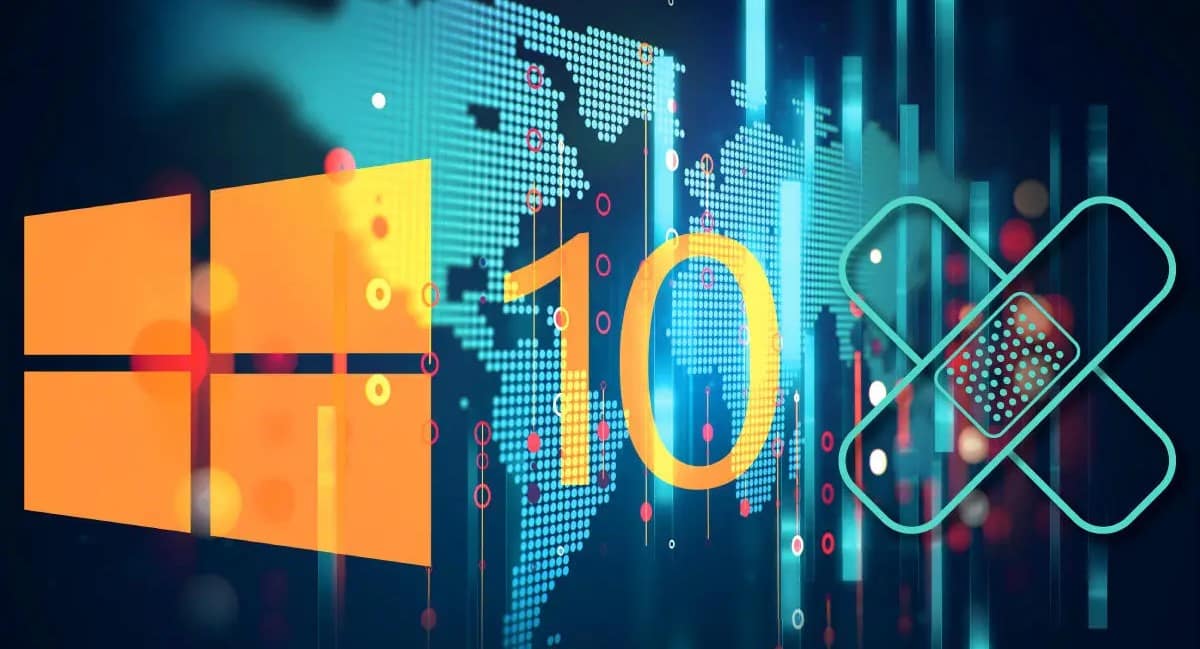Microsoft’s decision to end support for the Windows 10 operating system could lead to the disposal of approximately 240 million personal computers, according to Canalys Research.
The potential increase in landfill waste is concerning, with the electronic waste from these PCs estimated to weigh around 480 million kilograms, the equivalent of 320,000 cars.
While many PCs could continue to function beyond the support cut-off, the lack of security updates might diminish their demand. Microsoft’s plan to offer extended security updates for Windows 10 until October 2028, albeit at an undisclosed annual cost, raises questions. If the cost structure for this extended support is high, users may find it more economical to migrate to newer PCs, potentially exacerbating the e-waste problem.
Amid these concerns, there are positive developments in recycling and repurposing technology. Hard drives from personal computers and servers are recycled to extract materials for electric vehicle motors and renewable energy generation. Noveon Magnetics’ Chief Commercial Officer, Peter Afiuny, highlighted the potential of using end-of-life computers to create magnets for sustainable technologies.
Meanwhile, Redwood Materials pointed out that battery recycling can effectively recover metals like lithium, cobalt, nickel, and copper, offering a more sustainable solution to the rising demand for these resources.






